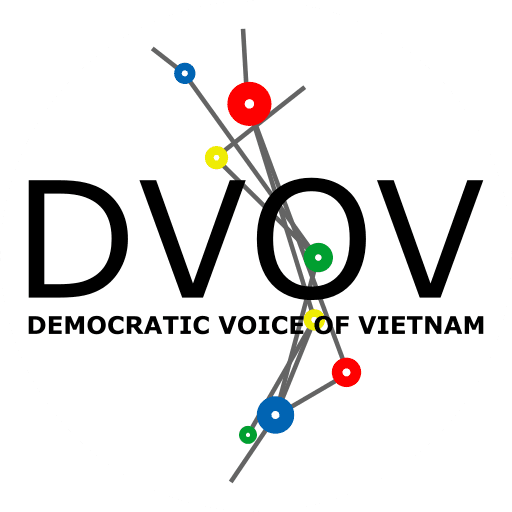3 August 2015 – VIETNAM
A collection of 22 independent civil society organizations (CSOs) have delivered a strong rebuke of the new draft law on associations set for review at Vietnam’s National Assembly in October.
The independent CSOs’ joint statement points to an alarming number of areas, which would further infringe upon fundamental freedoms of association. In short, they contend that the draft law serves to further bolster the communist party’s stranglehold on civic spaces in the country. They contend that the primary function of the draft law is to enhance the government’s mandate to regulate, control, monitor, and manage civil society.
The joint statement highlights a number of clauses andarticles in the draft law that would further restrict the registration process and increase government control to the point that all independence would be lost.
Presently, independent civil society organizations, including the authors of this joint statement, are not allowed to register and must operate in a hostile environment that includes constant harassment and occasional violent attacks and arrest. The draft law, rather than solving such problems, would result in more of the same, solidifying a legal framework for preserving and upholding the unfriendly conditions that are already in place.
Notably, while independent groups, including all groups focused on human rights, are blocked from operatinglegally, the draft law also places certain groups and associations in a position of privilege. “There is a double-standard in the law. The Fatherland Front and other government-run organizations have one set of rules, and the rest of us have another”, says Huynh Thuc Vy, a signing author of the joint statement and coordinator of the independent CSO Vietnamese women for Human Rights (VNWHR).
This bias in the law comes as no surprise, as internal, regional, and international civil society engagement is already performed by a carefully managed regime of “GONGOs”, or Government Organized NGOs. Notes Huynh Thuc Vy, “This framework is a serious problem. While the government sends delegations abroad posing as civil society, they block us from participation. Just a few weeks ago they confiscated my passport and banned me from international travel.” The draft law, with its current language aims to “maintain the privileged status of these Communist Party organs.”
Interestingly, the draft law comes on the heels of UN criticism with respect to civic space in the country. In the concluding recommendations made by women’s rights UN treaty body CEDAW released just weeks ago, the committee of experts recommended that Vietnam investigate attacks on civil society actors and create a more open environment for civil society groups to operate freely. Vietnam is also more than a decade overdue on its formal UN review on ICCPR (International Covenant of Civil and Political Rights) implementation. It remains to be seen if the Vietnamese government will consider its status on treaty body implementation and related UN recommendations when the draft law comes forth at the National Assembly meeting.
Another critical point made in the joint statement is the linkage between laws of association and Vietnam’s law on religion. After concluding an official country visit, laws governing independent religious associations were strongly criticized by the UN Special Rapporteur on Freedom of Religion or Belief.
The letter concludes by calling for support for independent civil society from the international community. “We hope that the international media and NGO community will pressure Vietnam to develop a law on associations that is just and promotes space for truly independent associations”, notes Huynh Thuc Vy.
It remains to be seen how the government will respond to the joint statement. It is likely that the draft law, as it stands, will face serious scrutiny from the international community similar to that of Cambodia’s recent NGO law.
Click here to read the full CSO statement
Democratic Voice of Vietnam is a hub for civil society inside Vietnam and their engagement in regional and international processes. For more information on independent civil society inside Vietnam, please visit the Democratic Voice of Vietnam at www.dvov.org

Hurrah! At last I got a web site from where I know how to truly take valuable information concerning my…